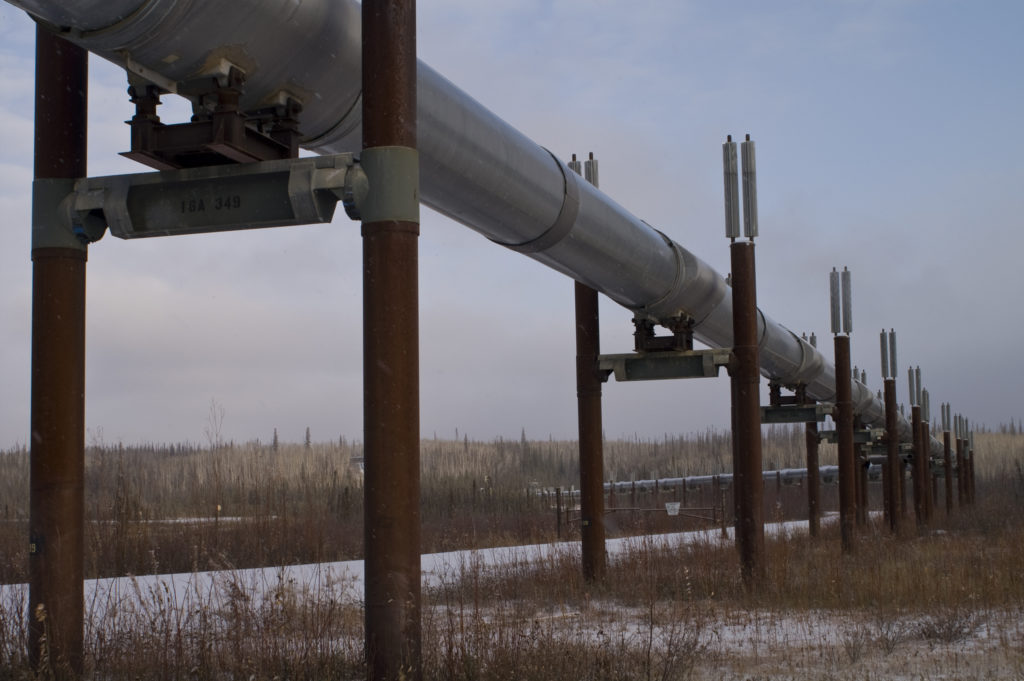The Peninsula
Five Considerations for a Gas Pipeline Through North Korea

By Troy Stangarone
After more than a year of heightened tensions over the sinking of the Cheonan and the shelling of Yeonpyeong Island a proposed gas pipeline from Russia to South Korea through North Korea is potentially changing the factors on the ground. Ever since Kim Jong-Il and Russian President Dmitry Medvedev agreed in principal to construct a pipeline through North Korea in late August, a project that only a few months ago would have seemed inconceivable is quickly moving towards reality as all three sides move closer to an agreement.
The project dates back to a 2008 summit between Russia and South Korea where a tentative deal was reached for Russia to supply South Korea with 7.5 million tons of gas a year for a 30 year period starting as early as 2015. The initial plan left open the option of supplying the gas via either pipeline or tanker, but with a pipeline being the preferred option due to the lower cost of transport. While a potential economic win for South Korea, there are five potential issues to consider for any pipeline through North Korea.
Could the pipeline change inter-Korean relations? This is ultimately a commercial agreement and should be judged on those merits. While some officials in South Korea and Russia have suggested that the pipeline deal could lead to a change in inter-Korean relations, any expectations beyond the easing of tensions needed to complete the project may be expecting too much. In fact, because the pipeline would be an easy money earner for North Korea, it could undermine incentives for greater North-South cooperation. The only incentive for North Korea would be to ensure that the checks continue arriving, not that it considers a major rethink of its relations with South Korea.
Can North Korea be trusted with a pipeline? The simple answer is no. Disputes between the North and South will make the pipeline a tempting target for North Korean officials to use as leverage against South Korea. This is not merely a reflection of the North Korean regime. Few would argue that North Korea is a more open or dependable regime than the Ukraine which has in the past shut down gas flows to the European Union in disputes with Russia. At the very least, North Korea can be expected to try and extract higher transit fees in the future has it has done with the Kaesong Industrial Complex. At the worse, it may attempt to use the pipeline for leverage over South Korea on other issues.
Can South Korea minimize or eliminate North Korea’s leverage over the pipeline? The simple answer to this is yes, and early indications are that South Korea is attempting to protect itself against North Korean attempts to leverage the pipeline. One idea that has been suggested is for Russia to provide a 30 percent discount on gas as compensation if North Korea were to interfere with the pipeline. However, there are other steps South Korea could take as well. If Russia were contractually obligated to ensure that the agreed upon amount of gas is delivered to South Korea via pipeline or tanker and Russia were required to cover any requests for an increase in transit fees, it would reduce any leverage North Korea might gain from the pipeline and the risks for South Korea.
Is this the best way to engage North Korea? If long-run goal is to encourage reforms in North Korea and reduce tensions between the North and South, this is not the best option. For North Korea the deal is primarily about the infusion of hard currency. It is expected to make $100 million dollars in annual transit fees and land leases for the project. This would represent about five times the revenue that North Korea earns annually from salaries in the Kaesong Industrial Complex. However, unlike the project at Kaesong, no meaningful skills or best practices are transferred to North Korea. There is no need for a greater interaction between North and South Koreans if they are not involved jointly with the construction or maintenance of the pipeline.
Does the pipeline make commercial sense for South Korea? This will be the deciding factor on whether South Korea moves forward with the pipeline project. As a nation with no domestic energy reserves the pipeline project could potentially secure the equivalent of nearly 30 percent of South Korea’s gas imports from 2009. In addition, the project has been estimated to reduce its price for natural gas by up to 30 percent. Those are compelling economic incentives for South Korea to move forward with the project. However, there is one other issue to consider. With new retrieval techniques expanding the global supply of natural gas, will the potential for reduced prices in the future make a 30 year contract with Russia at a fixed price less attractive in the long-run?
Troy Stangarone is the Senior Director for Congressional Affairs and Trade for the Korea Economic Institute. His views are his own.
